Vaccines can take years to develop, but the pandemic can be controlled before that happens

Imperial College is working on the development of a Covid-19 vaccine. AP Photo
In March, when Covid-19 was declared a pandemic by the World Health Organisation, few people imagined that the outbreak would stretch into the summer. Many political leaders were hopeful that temporary lockdowns across the world would end the crisis and that life could soon go back to normal. Yet, in the absence of a vaccine, precautions such as wearing masks, working from home and physical distancing have become the new norm.
On Monday, WHO director general Tedros Adhanom Ghebreyesus warned that a solution may, in fact, never be found. When it comes to the coronavirus, he said: “there is no silver bullet at the moment – and there might never be”, despite the world’s best efforts to find a cure or a treatment for Covid-19.
It is the WHO’s responsibility to inject a dose of reality into global health policies and to manage expectations. Vaccines can take years to develop and test until they are safe for the public to use, but this does not mean that the coronavirus crisis cannot be controlled until that happens.
Research into treatments and cures are already well under way. Across the world there are 23 vaccines being tested on humans, but only three of them have entered the last phase. The UAE, having understood the importance of research into the coronavirus early on, invested in it heavily. It is the first country in the world that began phase III clinical trials and thousands of people volunteered to take the jab here in Abu Dhabi.
While the public awaits a vaccine, there is hopeful news: treatments to alleviate the suffering of patients and hasten their recovery have shown promising results.
In May, Abu Dhabi Stem Cell Centre said it had developed a new type of stem cell therapy that could help shorten recovery time for Covid-19 patients. This treatment is free for those suffering from the disease in the UAE. In the US, meanwhile, the antiviral drug Remdesivir has managed to improve the health of patients who are severely affected by Covid-19.
While scientists are at work to find a vaccine or a treatment, the knowledge they have gathered so far about Covid-19 has equipped governments and the public to fight the pandemic more efficiently. Directives on wearing masks, physical distancing and actively sanitising are among measures now understood and adopted widely. Lockdowns, despite their negative economic impact, have slowed the spread of the virus, especially when cases peaked.
As nations gradually reopen, governments are more aware of the tools needed to prevent a public health catastrophe. Mass testing and equipping hospitals with life-saving personal protective equipment and ventilators are a must. In the UAE, enforcing such measures has allowed the country to attain a 90 per cent coronavirus cure rate, as 5 million tests have been carried out nationwide.
While the coronavirus is unlikely to be eradicated in the near future, the world has learnt to better control outbreaks. A time will hopefully come when the pandemic is behind us. Till then, however, we must use and perfect the tools and knowledge gathered in the past eight months to continue fighting the coronavirus.
- سيعجبك أيضاً




Recent Comments